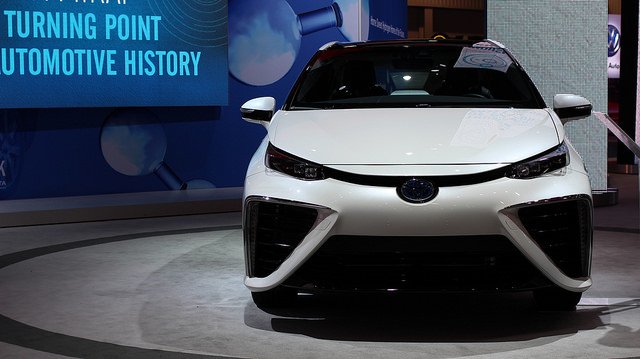
With the Consumer Electronics Show (CES) kicking off Tuesday, we’re getting a sense of the kind of technologies that some of the world’s leading companies have planned for 2019 and beyond. Despite all the hype of recent years and predictions by Elon Musk that they’d be a common sight on the road by now, we see very little in the way of driverless cars. It seems as if it’s just not ready for prime time yet.
Whether the problem is one of technology or business model, or both, is yet to be determined. While it’s true that Alphabet’s Waymo has rolled out driverless taxis in some locations, the fact that the company isn’t expanding faster is an indication of the fragile state of the current technology. Yes, it works fine around the wide, predictable, rain-free streets of Phoenix, Arizona, but can it perform in other locations?
And it’s not just technical issues that are causing concerns. Most expect them to be solved relatively soon. It’s the fact that we’re on the cusp of what seems like another recession, and nobody has yet nailed the robo-taxi business model. All we’ve got is (presumably loss-making) small-scale trial projects, rather than anything more substantial or global.
With that said, the long-term business advantages of driverless cars seem clear: companies like Ford are plowing billions into new technologies that will eliminate the need for conscious control of human occupants. Organizers say that there will be something like 300,000 square feet dedicated to showcasing autonomous technologies - more space than for the entire car showcase at the show. (Well, the show is about electronics after all).
Technologists believed that self-driving cars would be with us by now, but consumers remain skeptical. The idea that the days of checking out your brakes manually are coming to an end seems a little far-fetched. Deloitte surveyed more than 25,000 people to find out more about consumer attitudes toward self-driving cars. They found that the majority of people still believed that self-driving cars were a long way off. What’s more, the survey also found problems in the prototypical ride-sharing market - only about half as many people reported using Uber and Lyft services once per week compared to a year ago.
If the economics of driverless cars don’t work, then the technology will never take off. A crucial part of the commercial appeal is removing the driver from the equation entirely, but many companies are now looking at the possibility of having to use “safety drivers,” negating most of the positive economic benefits of the technology. If a driver is required, then there’s no intrinsic reason why self-driving vehicles would be cheaper than traditional taxis.
Whereas a few years ago, most auto bosses thought that self-driving was just around the corner, there seems to be an acceptance at this year’s CES that a lot of that might have been the result of the usual hype that accompanies any new technology. Bosses are now looking at the technology in a far more critical light.
Posted from my blog with SteemPress : https://heartlandnewsfeed.com/2019/01/08/auto-makers-scaling-back-autonomous-car-promises-at-ces/
Downvoting a post can decrease pending rewards and make it less visible. Common reasons:
Submit
Congratulations @leonard4liberty! You received a personal award!
You can view your badges on your Steem Board and compare to others on the Steem Ranking
Downvoting a post can decrease pending rewards and make it less visible. Common reasons:
Submit